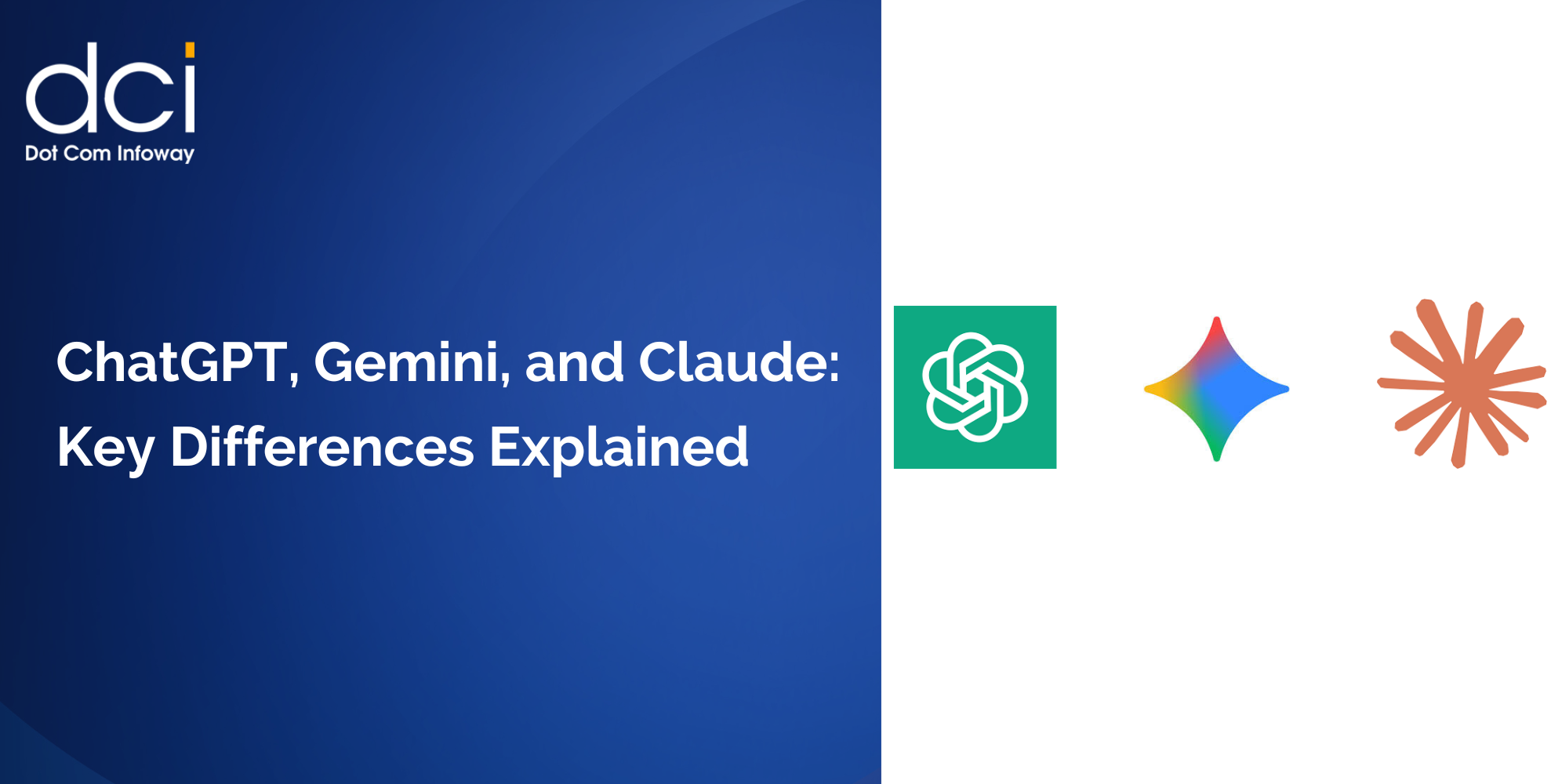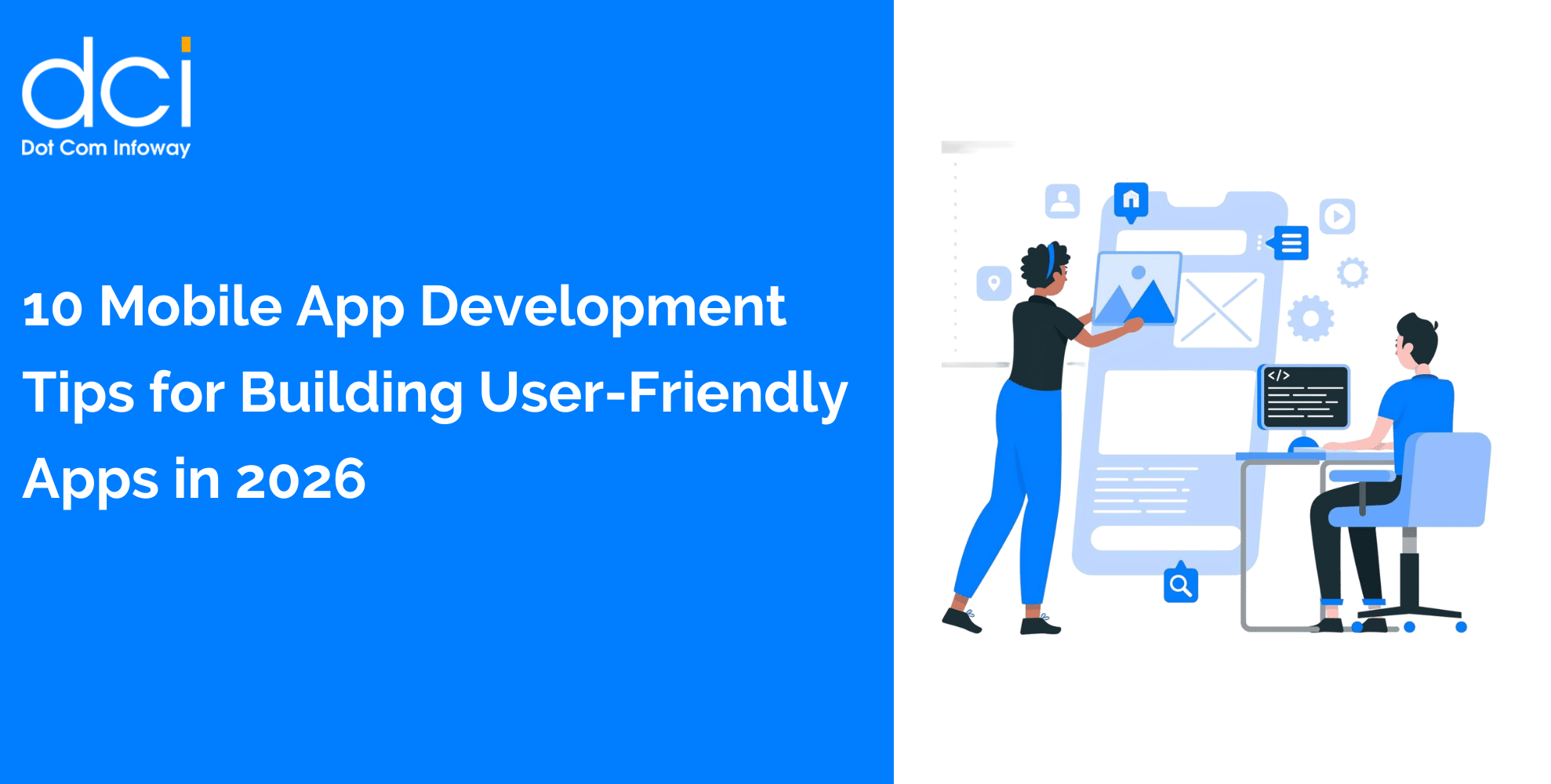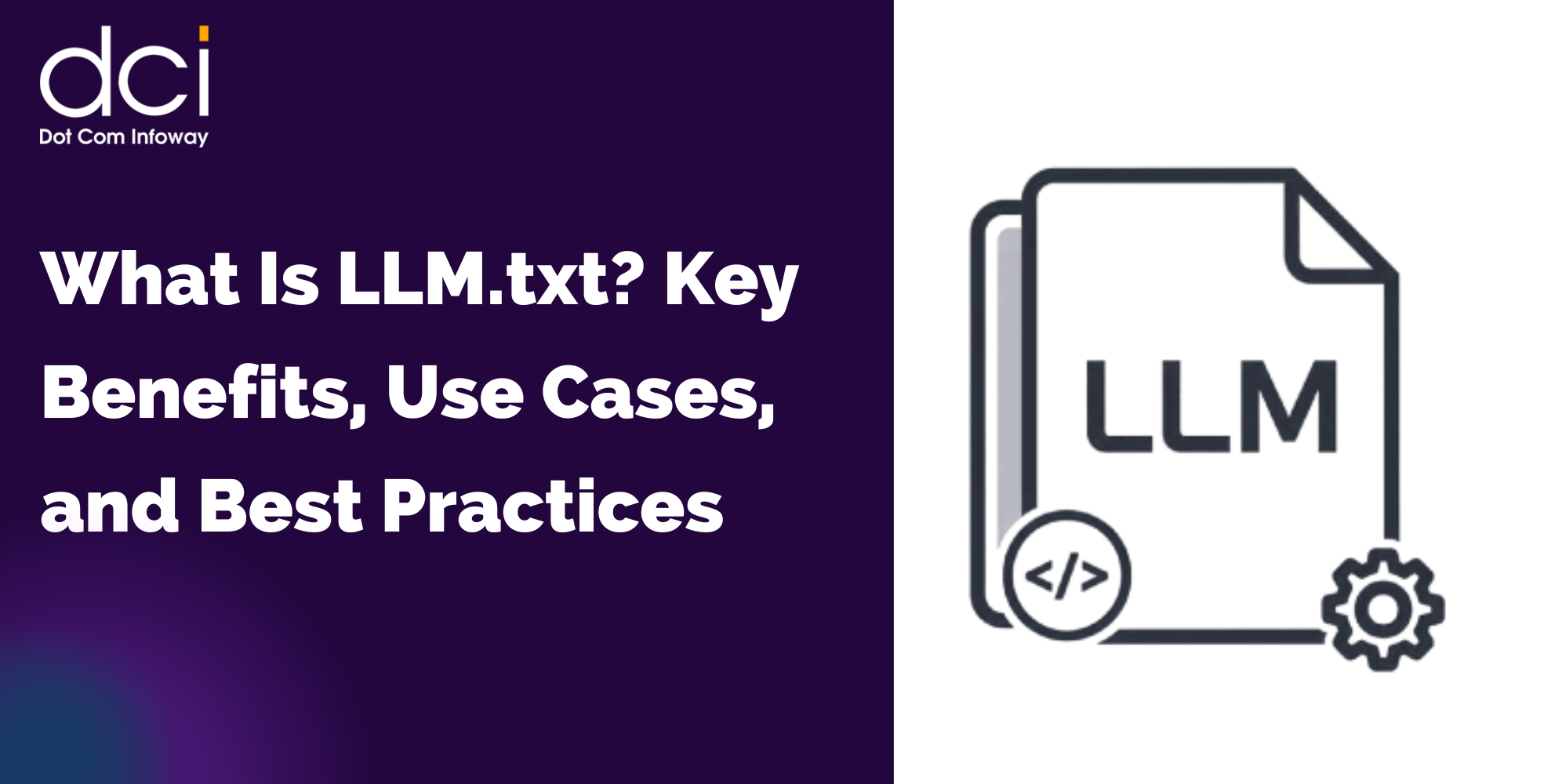Why ASO is Crucial in 2025
As mobile usage continues to grow, so does the reliance on app stores as a primary channel for app discovery. Today’s users expect quick solutions to their problems, and app store search algorithms have evolved to meet these expectations. In 2025, app stores prioritize apps that demonstrate relevance, quality, and user satisfaction, making ASO an indispensable strategy.
Competition is at an all-time high, with new apps flooding the market daily. Emerging trends, such as voice search, localized recommendations, and hyper-personalization, further highlight the need for tailored ASO strategies. The ability to rank higher in search results, attract organic traffic, and retain users has become synonymous with app success. Simply put, a well-executed ASO strategy can be the difference between an app that thrives and one that gets lost in the shuffle.
Key Elements of ASO in 2025
ASO is not a single-step process but rather a collection of strategies working cohesively to ensure optimal results. The primary elements include metadata optimization, keyword research, visual enhancements, and user feedback management. Each of these components plays a critical role in helping your app rank higher, connect with the right audience, and increase downloads.
Metadata, including your app’s title, subtitle, and description, lays the foundation for discoverability. Meanwhile, keywords help bridge the gap between what users are searching for and what your app offers. On the visual side, compelling icons, engaging screenshots, and short video previews are instrumental in convincing users to click “Download.” Finally, user feedback in the form of reviews and ratings strengthens your app’s credibility and ensures that it meets user expectations.
Keyword Optimization for Better Visibility
Keywords have always been a vital part of ASO, but in 2025, their significance has grown even further. Unlike the earlier days of app stores, when stuffing high-volume keywords was enough, today’s algorithms are smarter and more user-focused. Apps must use keywords that align with user intent and search behaviors to stand out.
For instance, if you’re developing a fitness app, generic keywords like “workout” might generate visibility but not conversions. Instead, using more specific, long-tail keywords such as “personalized home workout planner 2025” or “AI-powered fitness tracker” ensures you’re reaching a niche audience actively seeking your app’s unique features. Dot Com Infoway emphasizes the importance of ongoing keyword research, as trends can shift rapidly.
Crafting Metadata That Drives Success
Metadata optimization is central to any successful ASO strategy. The way your app’s title, subtitle, and description are presented can directly impact its visibility and appeal to users.
In 2025, app store algorithms evaluate titles for relevance, clarity, and keyword usage. A good title not only incorporates a primary keyword but also conveys the app’s core purpose in a way that resonates with users. For example, “Budget Manager Pro” could be enhanced to “Budget Manager 2025: AI Savings Tracker” to reflect current trends and features.
Descriptions must strike a balance between being informative and engaging. Rather than listing features in a mechanical tone, focus on describing the benefits of your app in simple, relatable terms. For example, instead of saying “includes customizable widgets,” you could say, “Easily track your spending with widgets tailored to your preferences.”







![The Game Marketing Guide: Pre and Post-Launch Strategies [Infographic]](https://www.dotcominfoway.com/wp-content/uploads/2023/09/DCI-Game-Marketing-blog-1.jpg)















